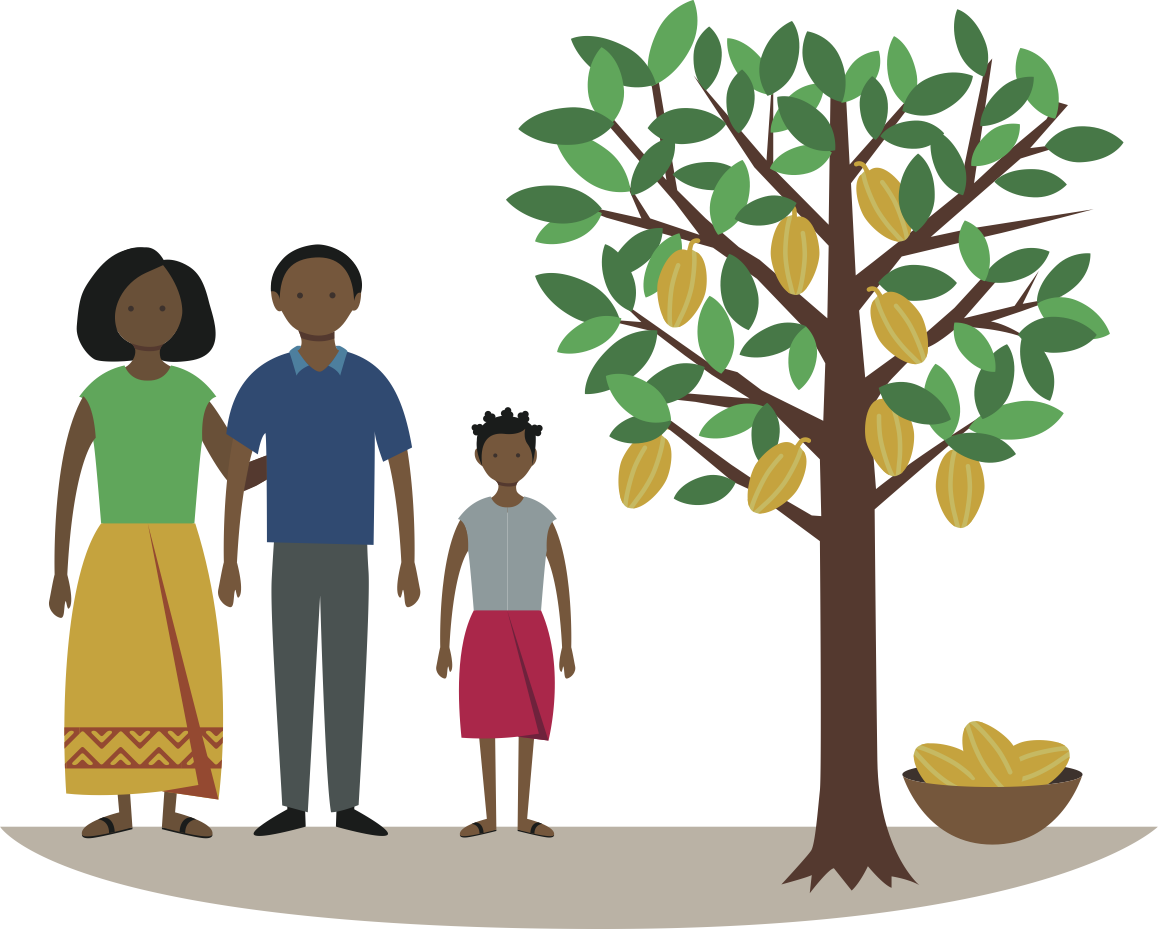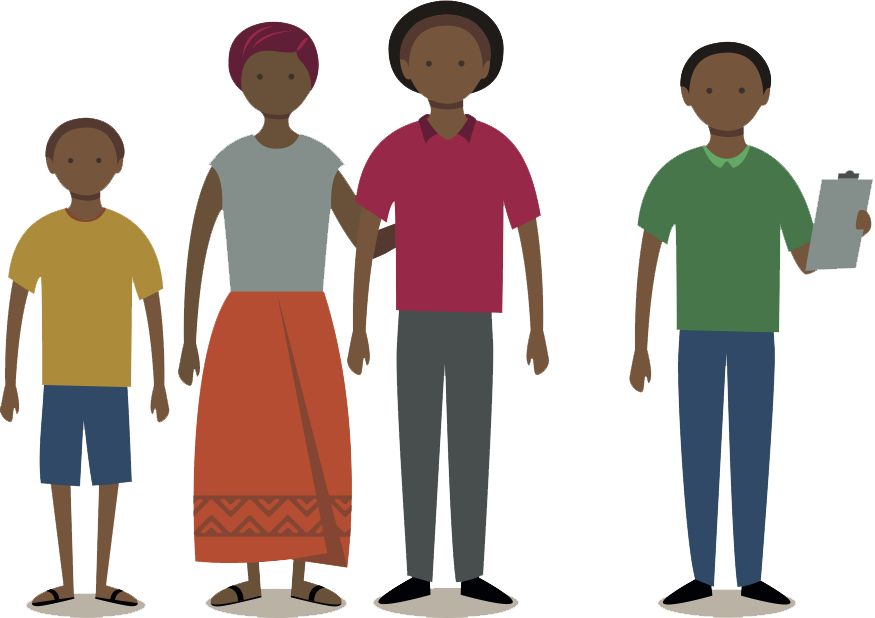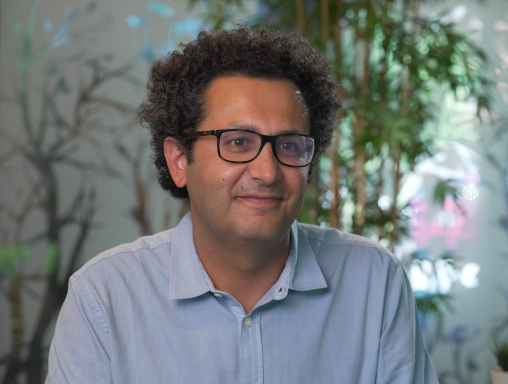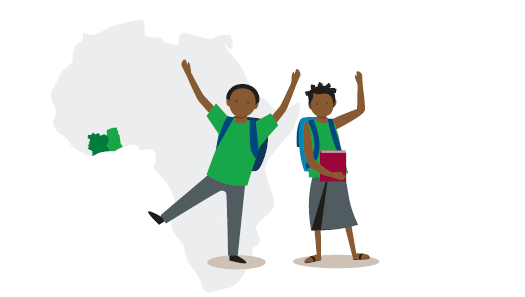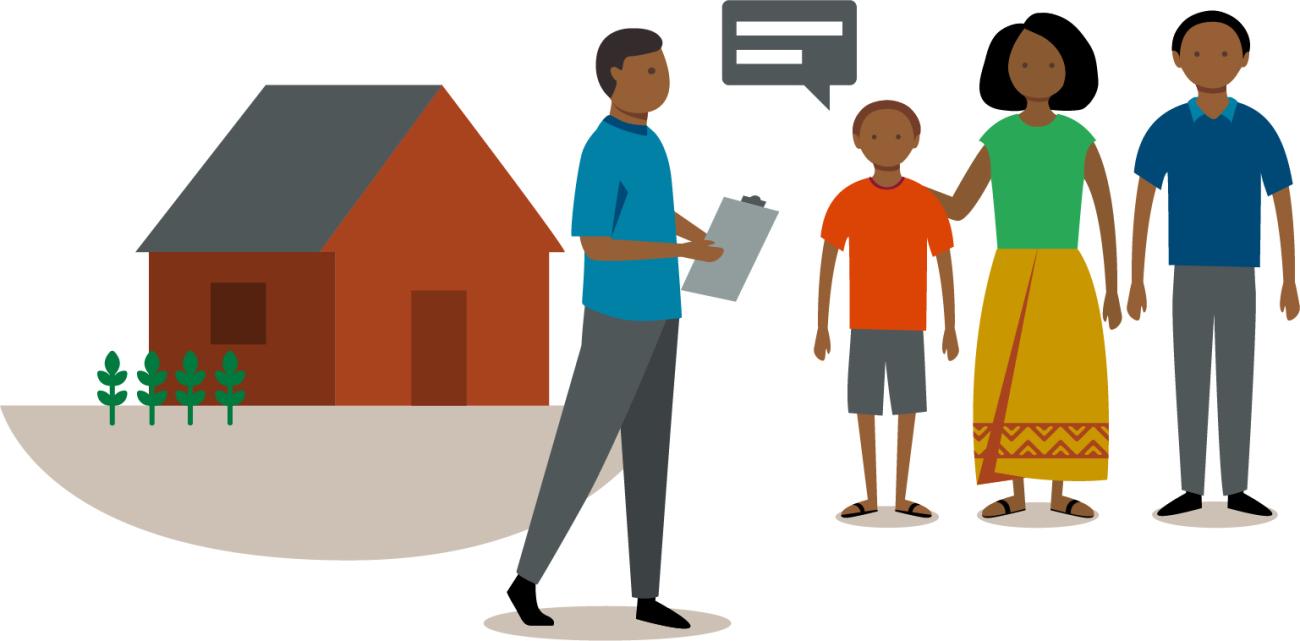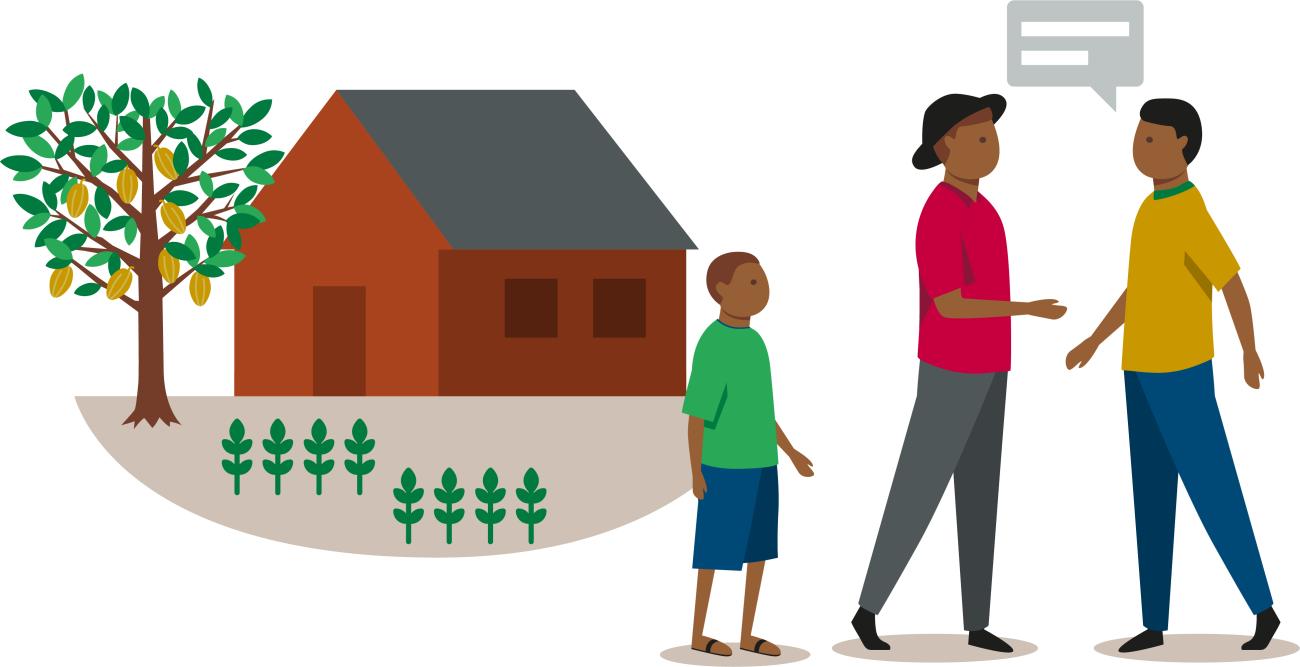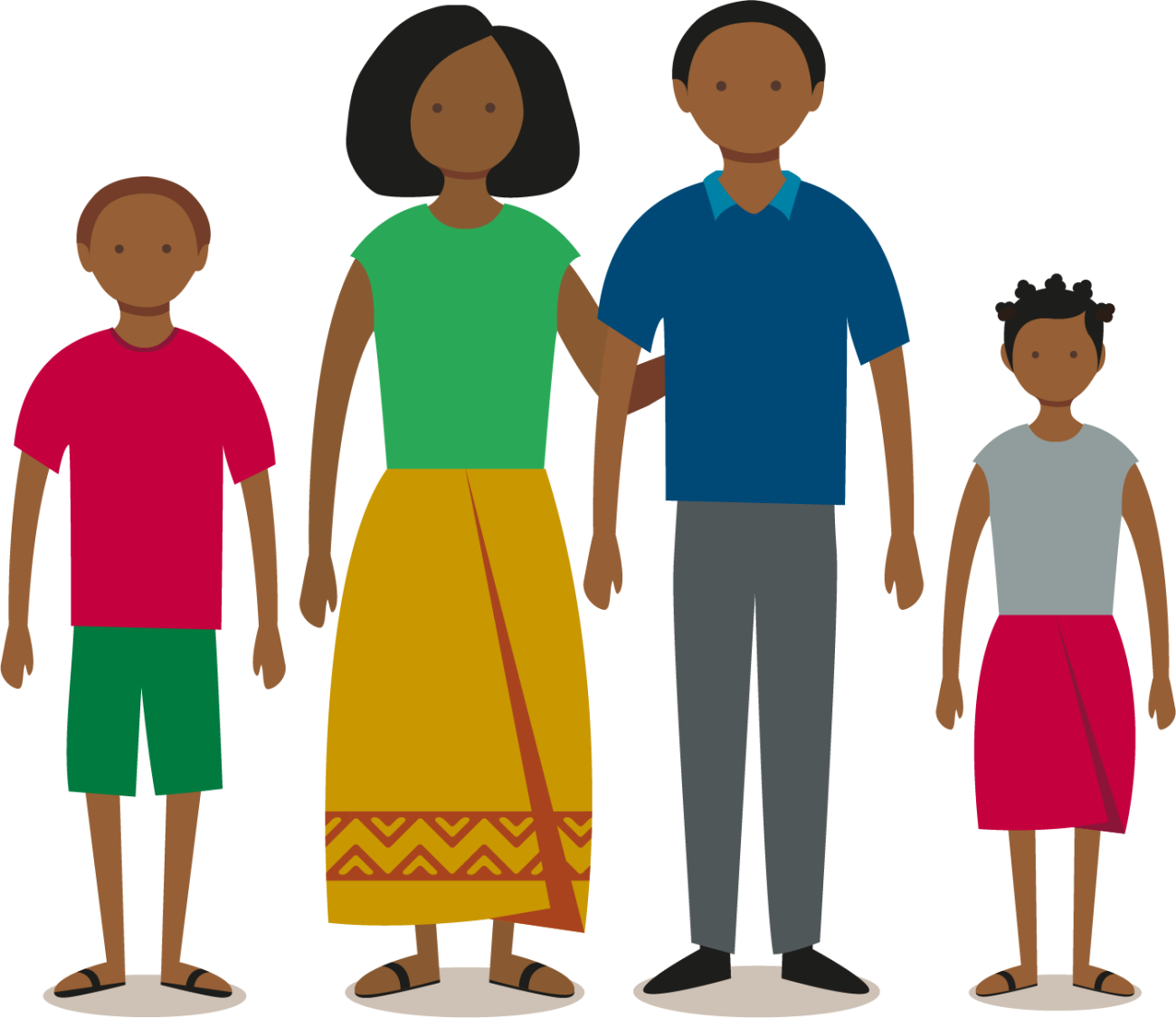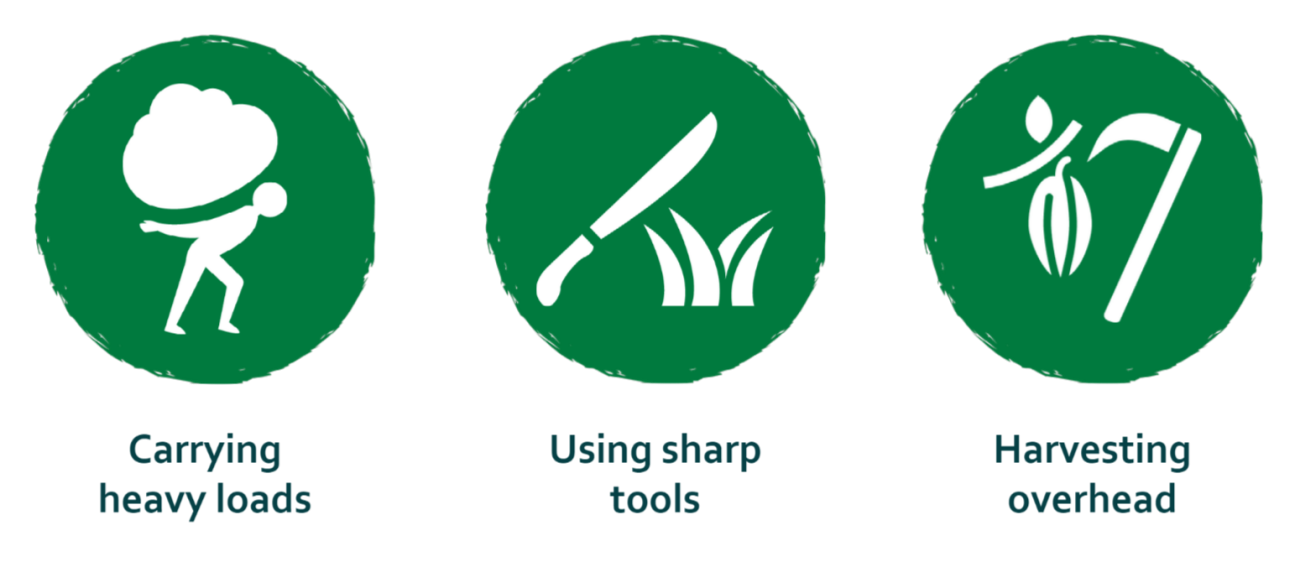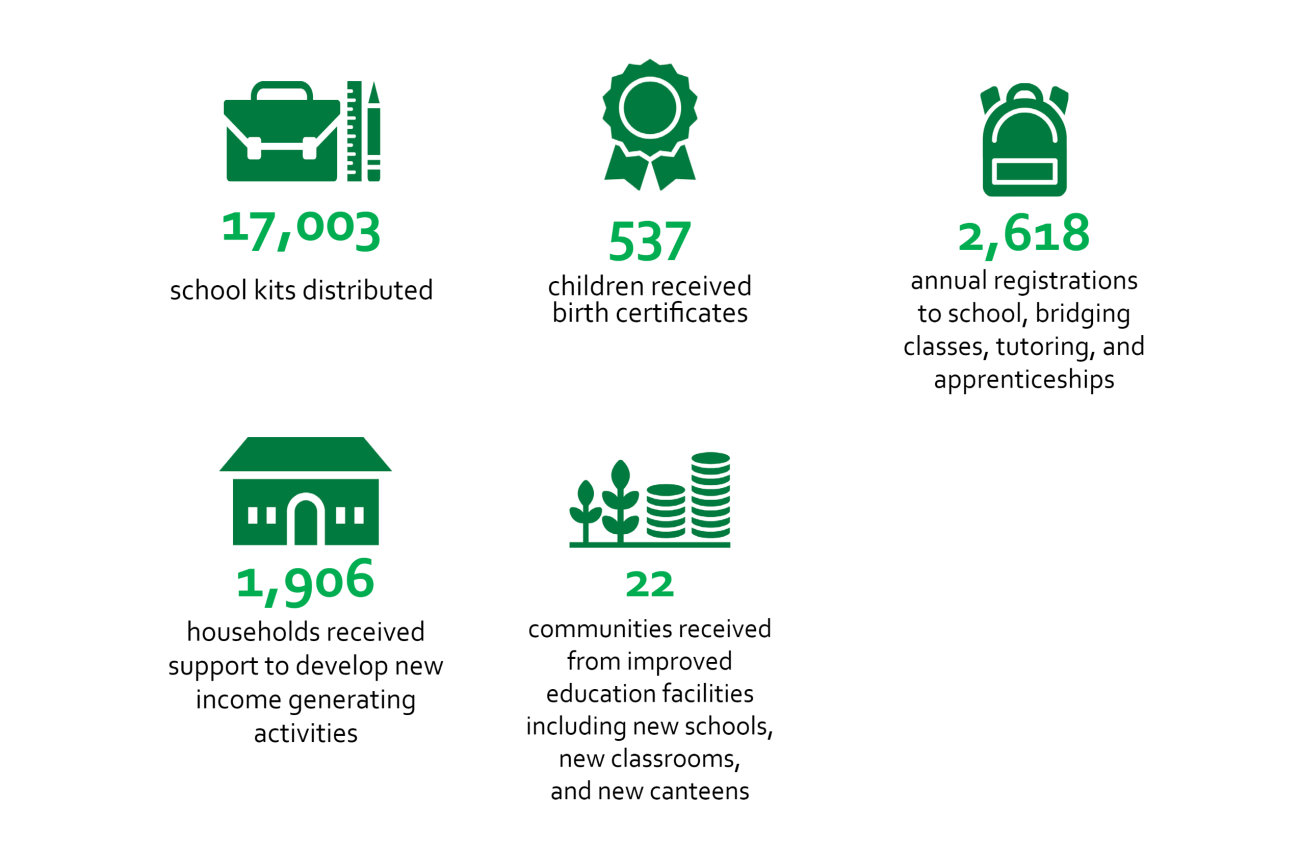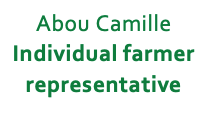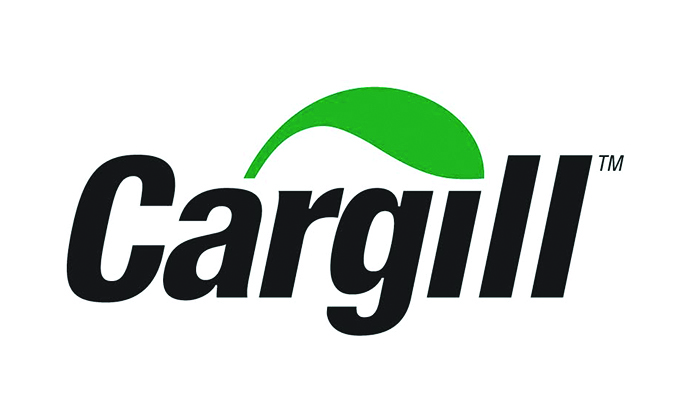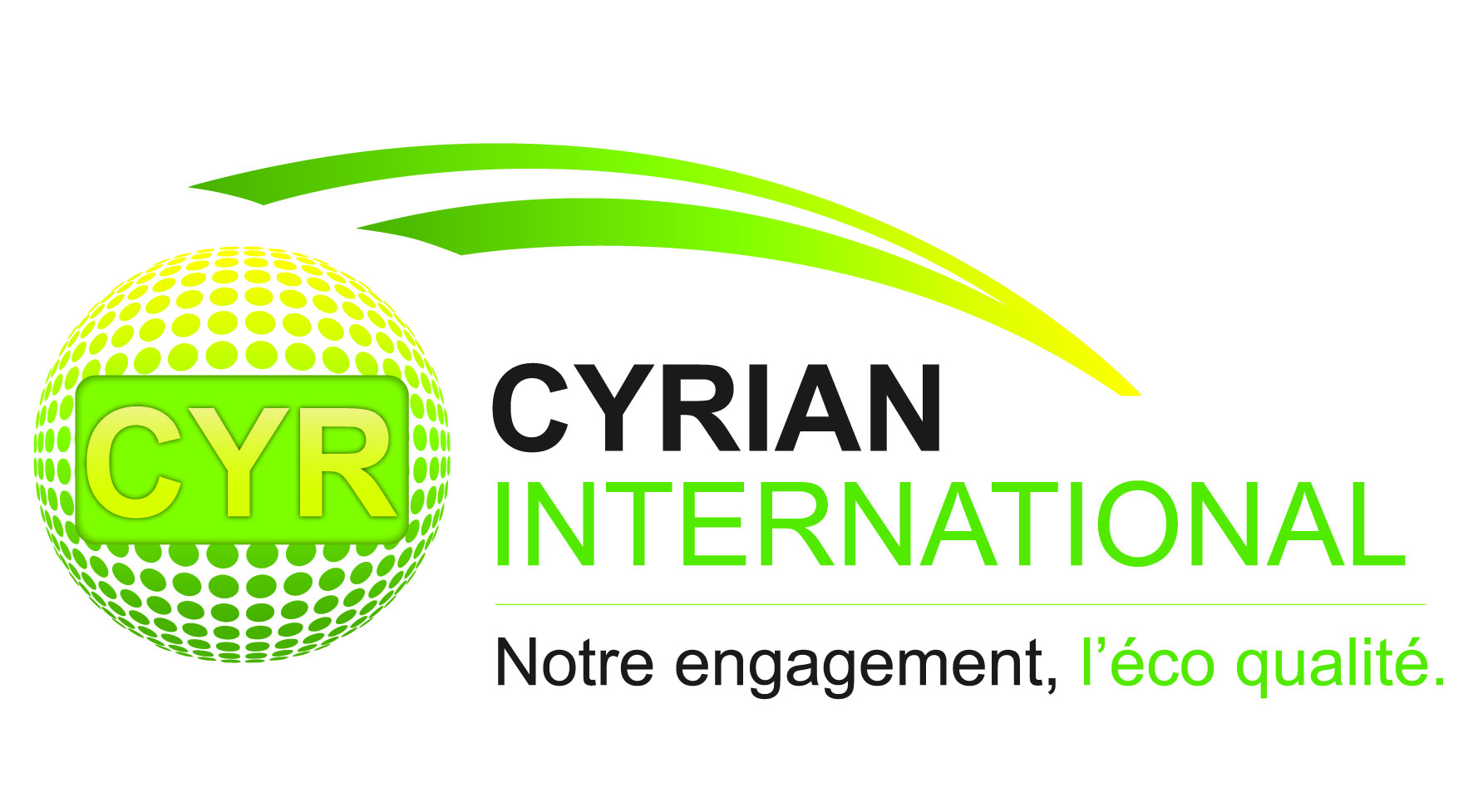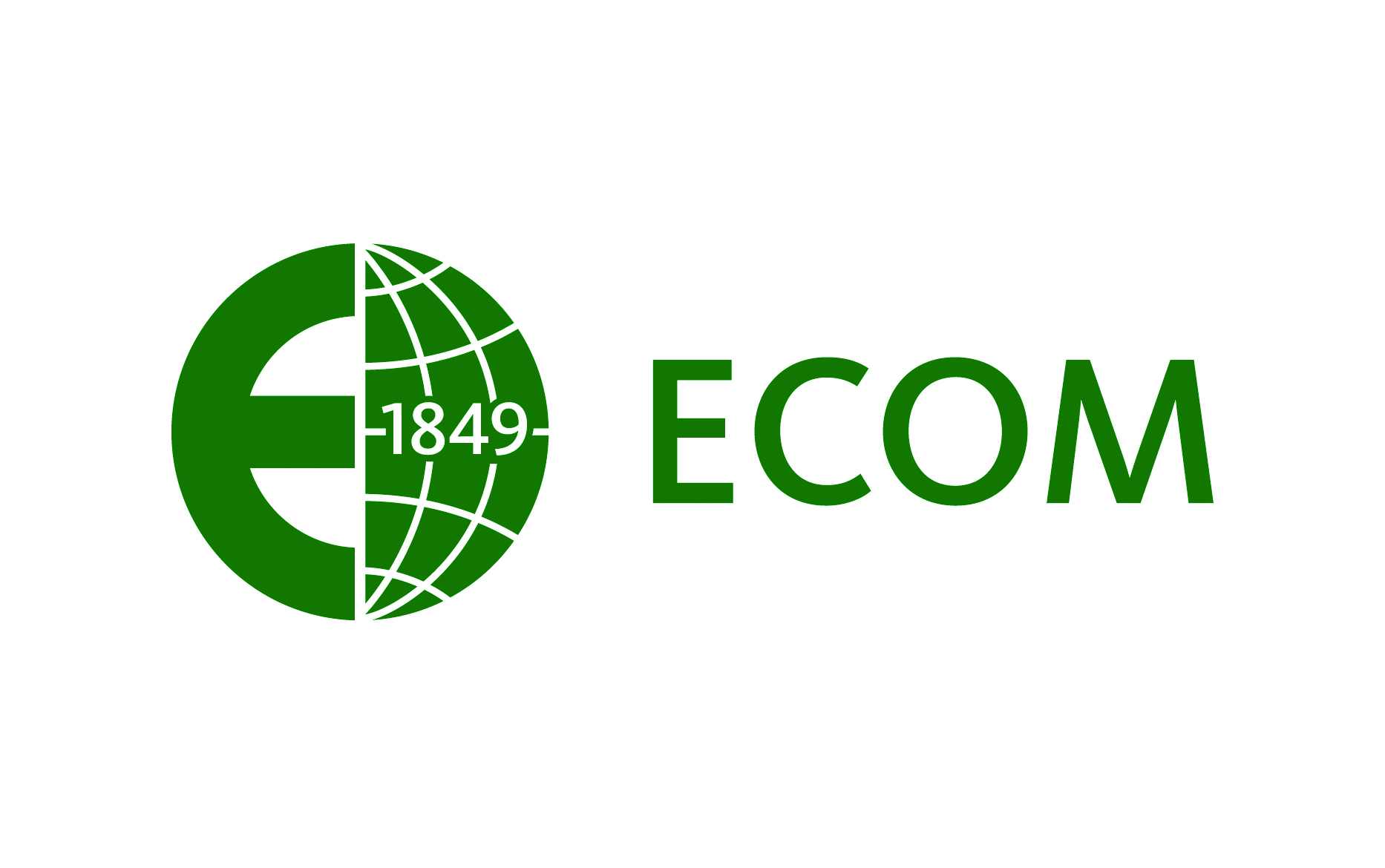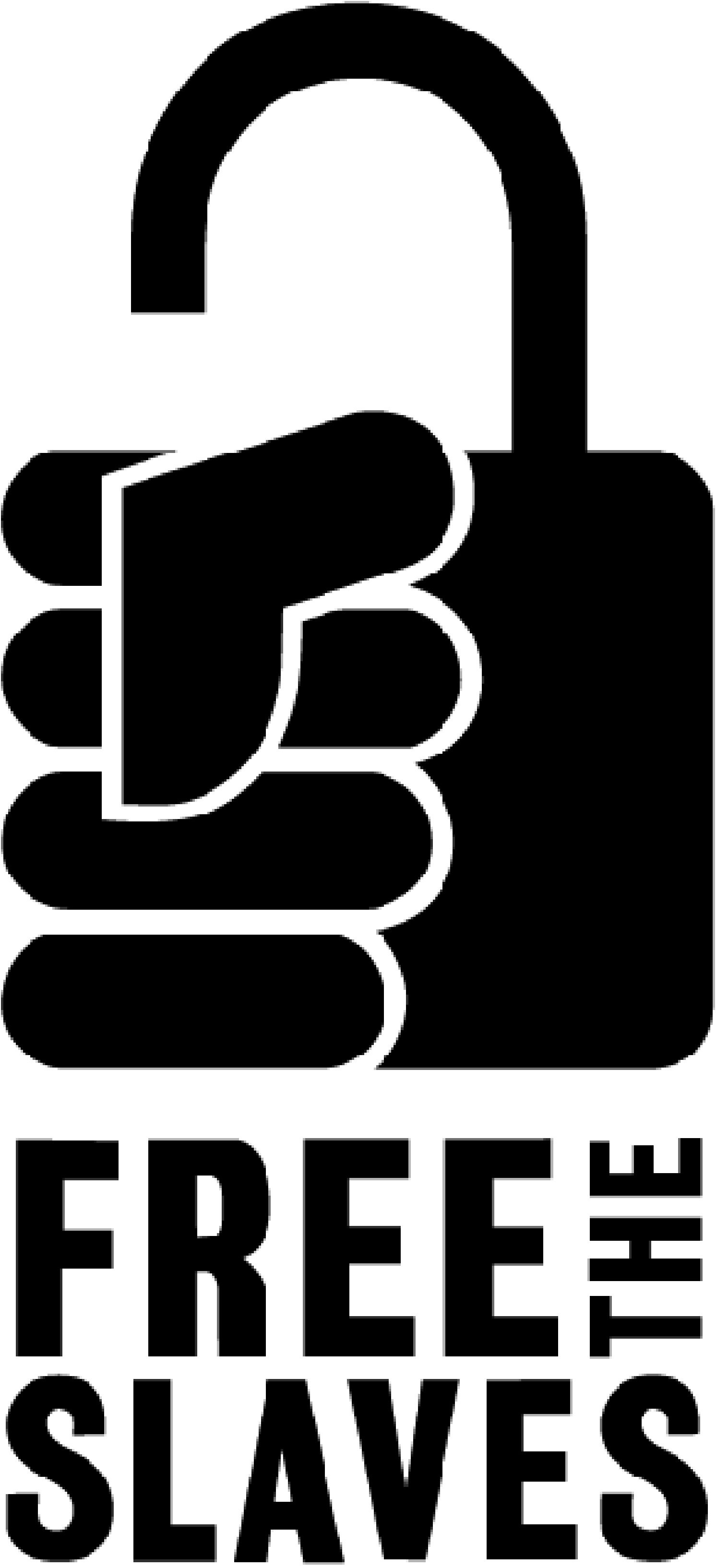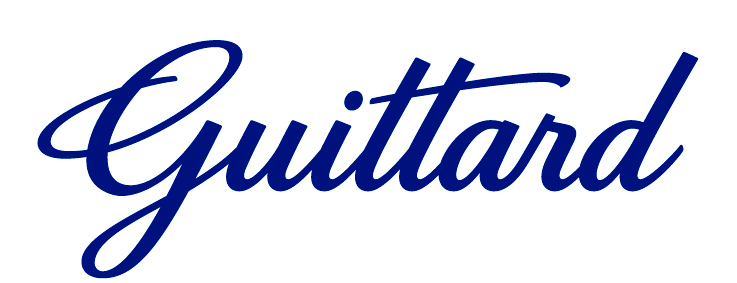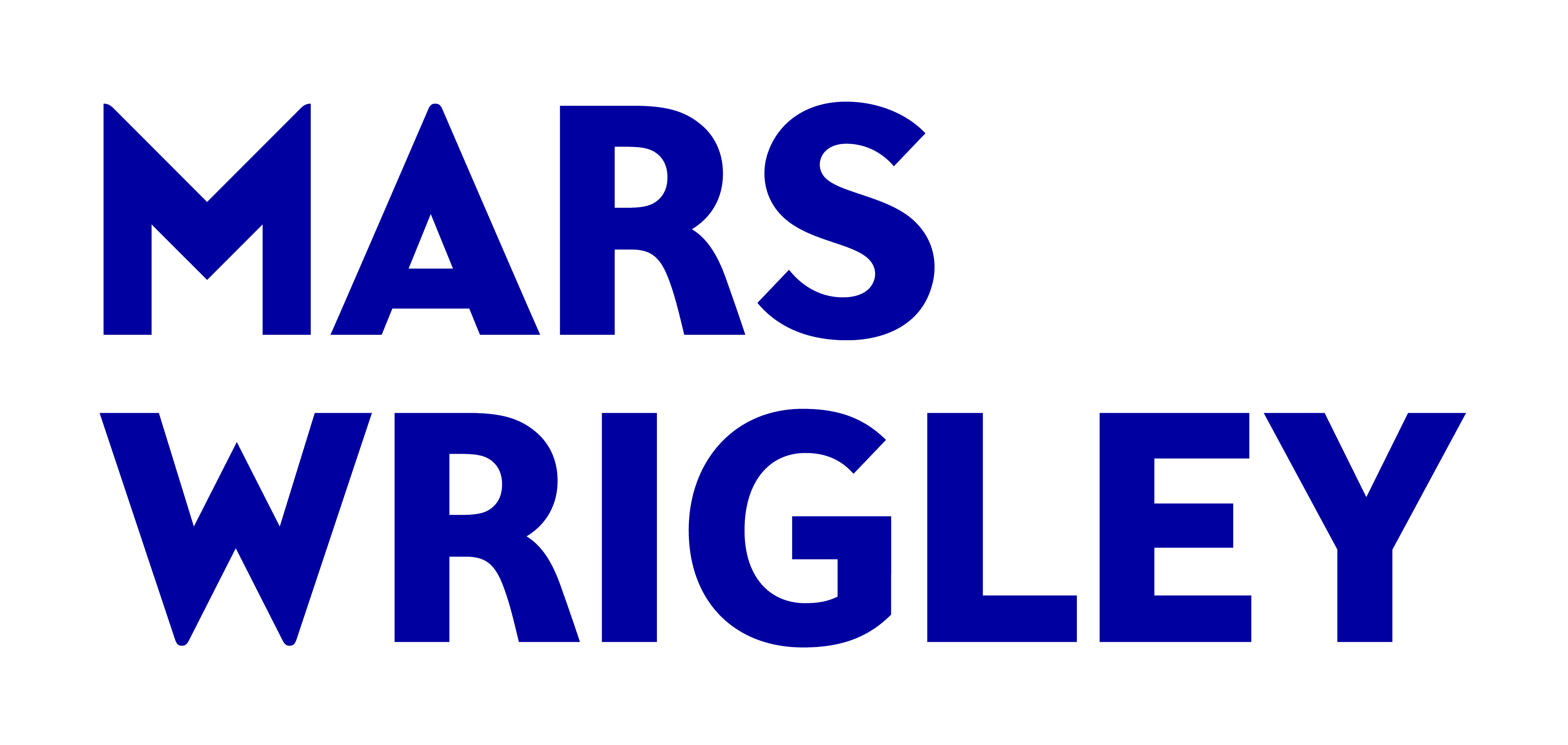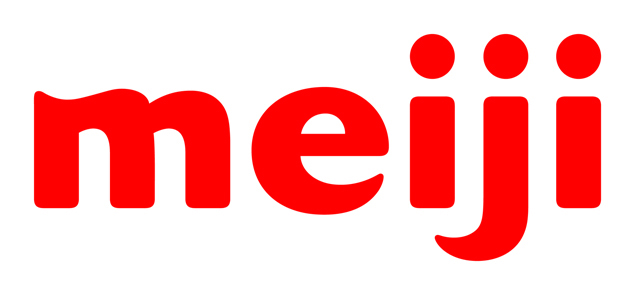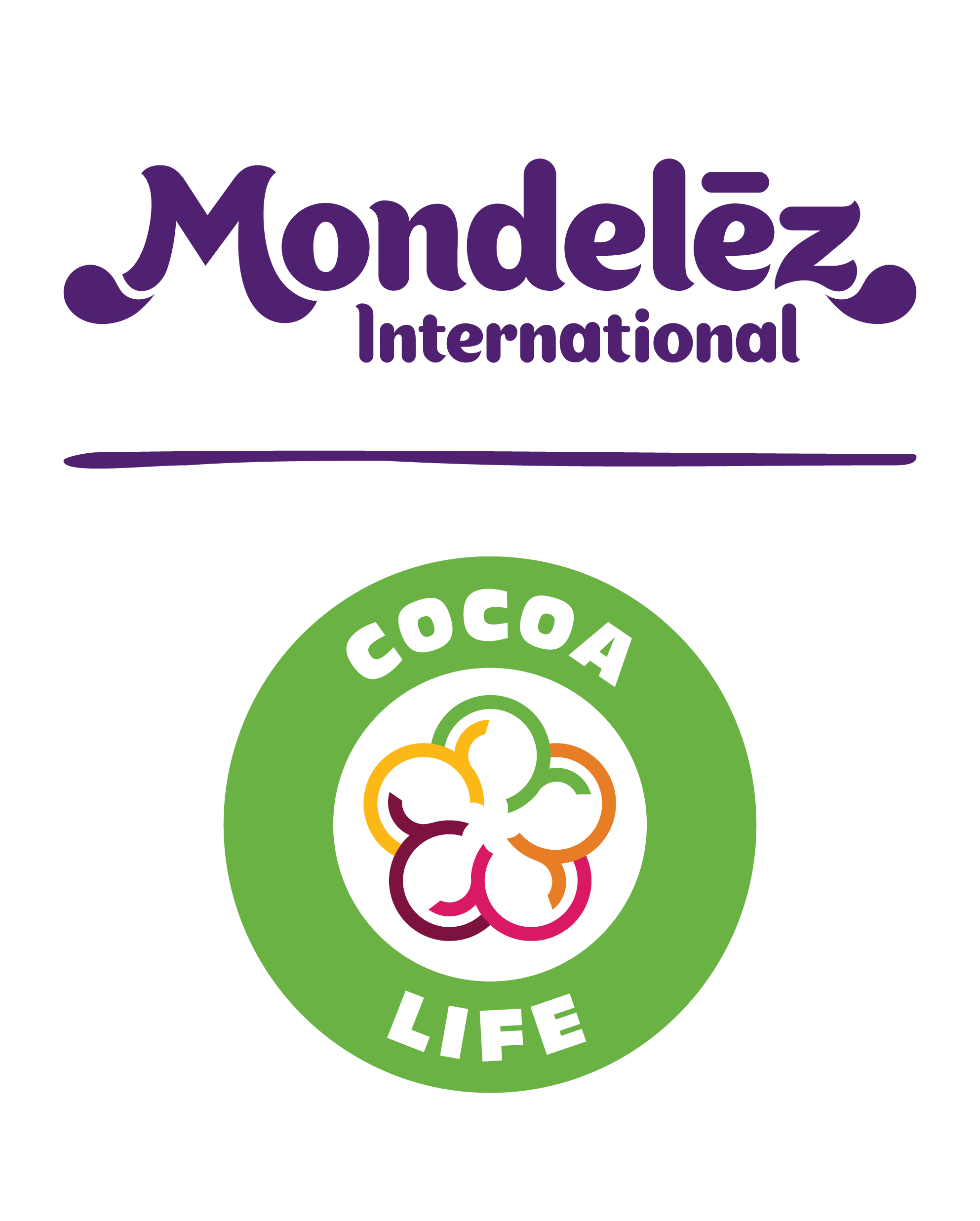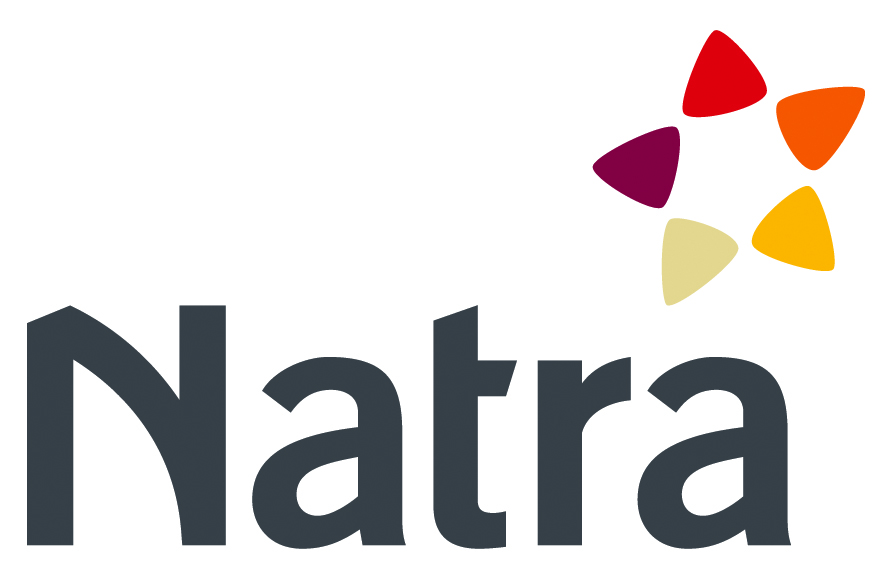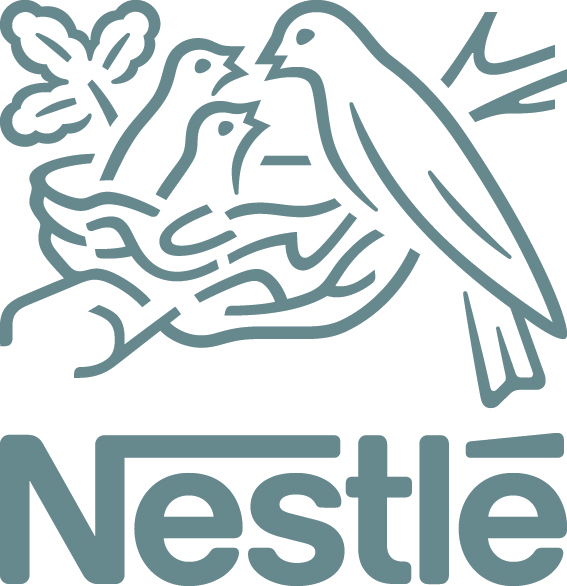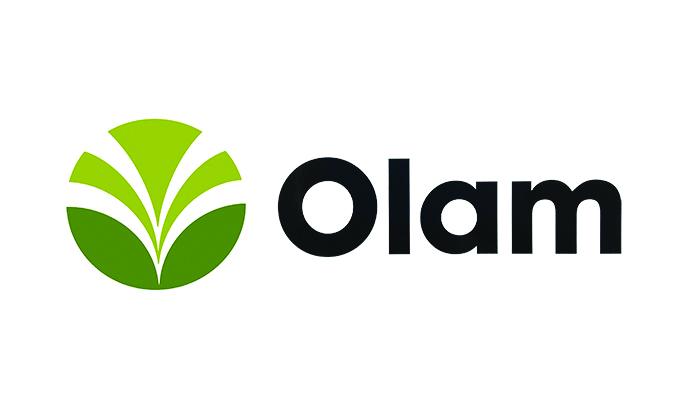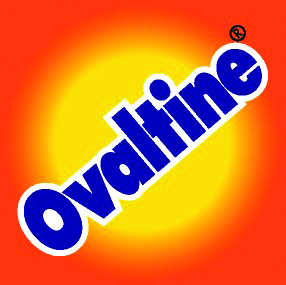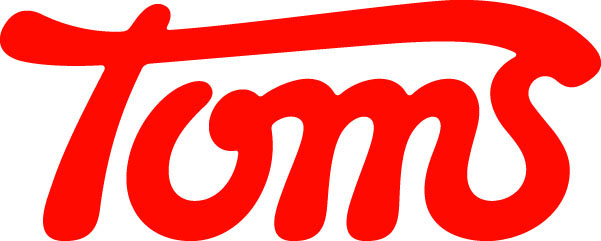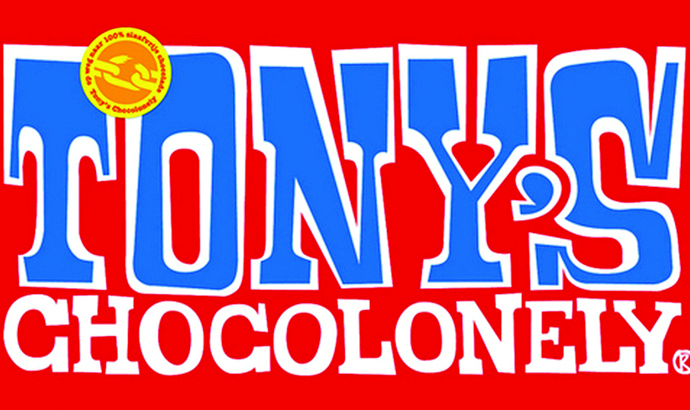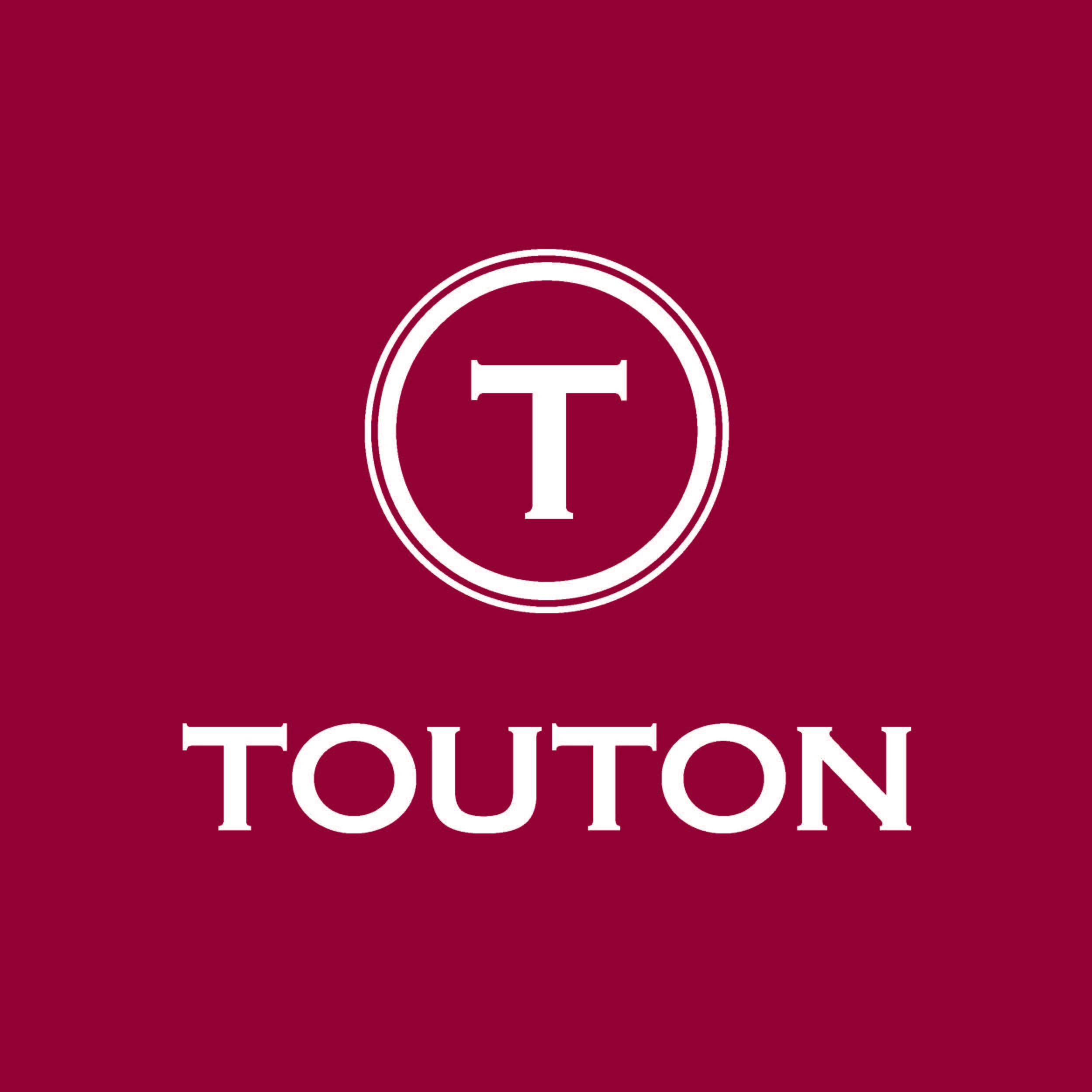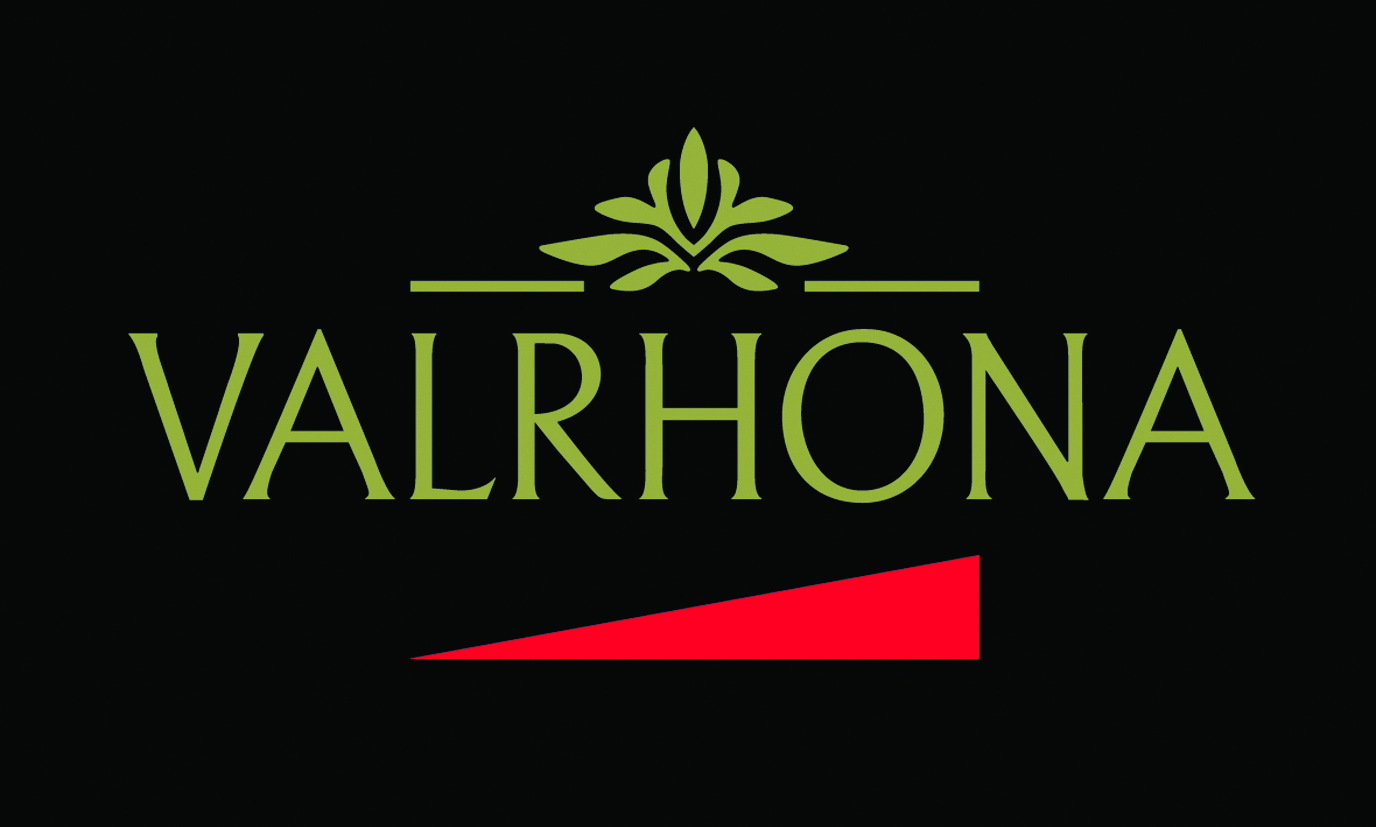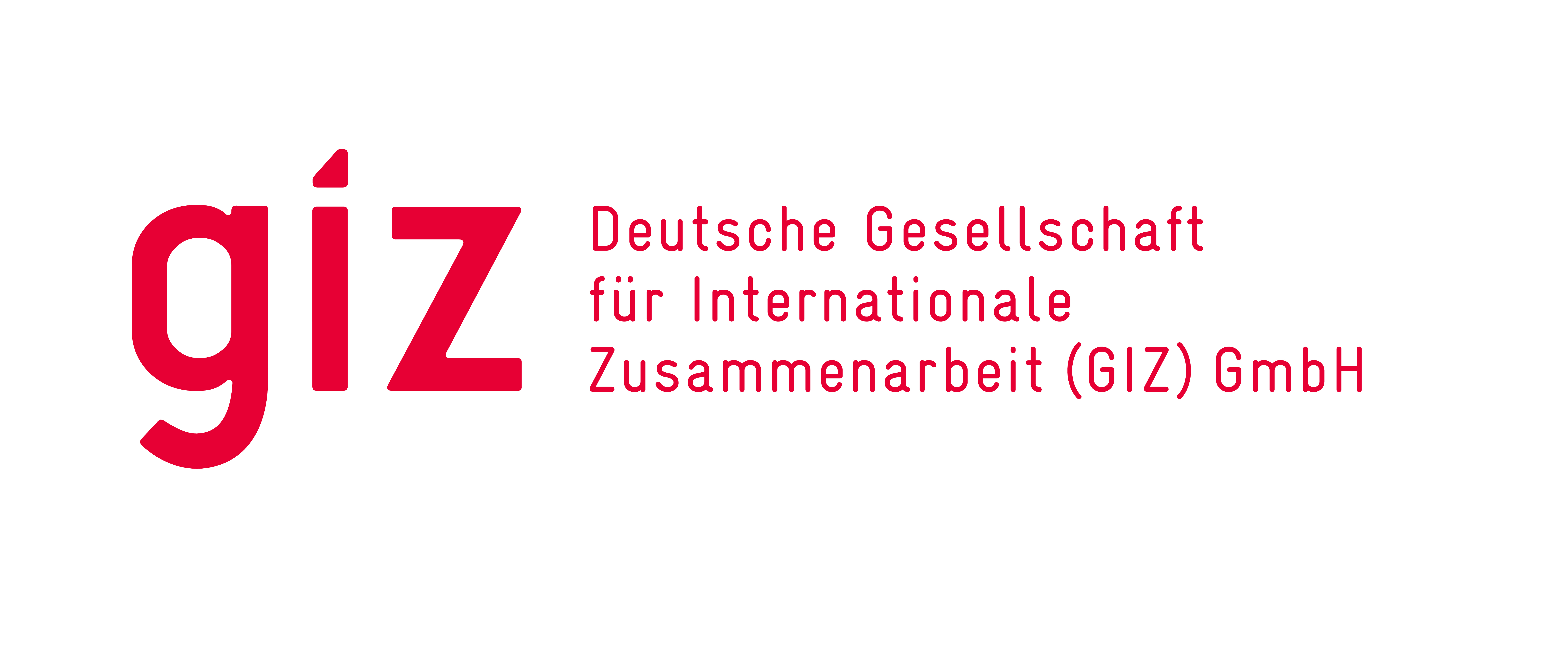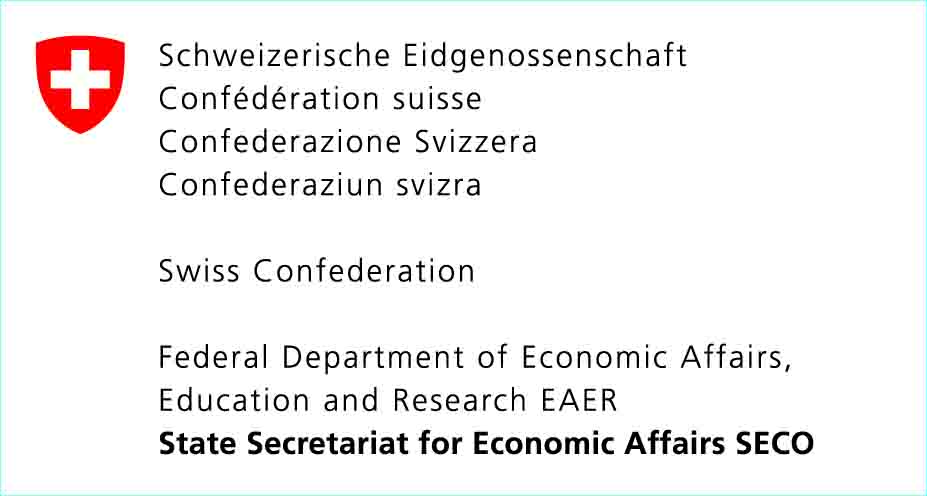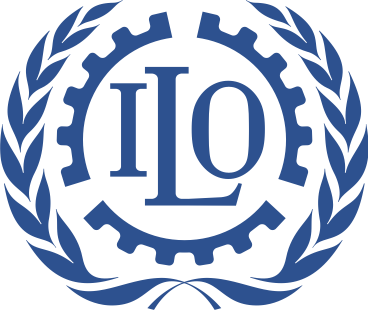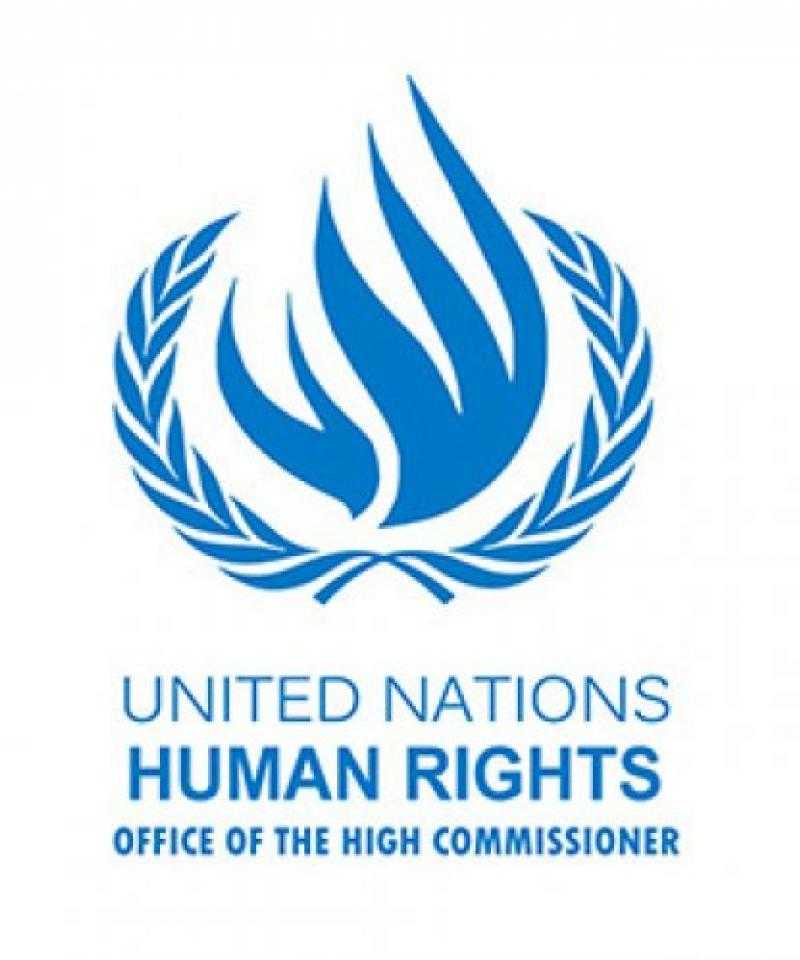ICI’s 2021–2026 Strategy recognises the important role of the organisation in driving sector-wide change. By promoting knowledge and learning, by engaging in the development of policies and standards and by supporting all stakeholders to align their actions for a more coordinated approach, we believe we can inspire others to act and create the necessary enabling environment to see real impact.
European Human Rights Due Diligence
As part of our ambition to foster a supportive environment that promotes responsible business conduct, we advocated for ambitious and harmonised human rights due diligence legislation at the European level. We joined other civil society organisations and cocoa and chocolate companies within the Cocoa Coalition (an informal group aiming to support the development of relevant EU policy measures), to advocate for the key elements that EU human rights due diligence legislation should include.
It is important that such legislation is in line with existing international standards such as the United Nations Guiding Principles for Business and Human Rights and the OECD Due Diligence Guidance for Responsible Business Conduct. In addition, we argued that, in order to be beneficial, such legislation must also be accompanied by meaningful support from the European Union to cocoa producing countries in the form of partnership agreements in addition to sector specific guidelines.
Furthermore, we were active in the European Cocoa Talks (the European Commission’s multi-stakeholder dialogues on sustainable cocoa production in Côte d’Ivoire and Ghana) throughout the year, contributing as a technical expert on social traceability and child labour in addition to sharing expertise and knowledge in the sessions organised in West Africa.
National Sustainable Cocoa Platforms in Europe
In order to further drive sector coordination, and mutually share learning and best practices we joined a number of the European sustainable cocoa platforms during the year, including DISCO, Beyond Chocolate and GISCO (the Dutch, Belgian and German sustainable cocoa platforms respectively). We were already a member of SwissCo.
We welcome the increasing alignment of these platforms at both the strategic and operational level, including the signing of a joint Memorandum of Understanding that underlines an intent to work towards shared objectives and jointly monitor progress. Joint working groups at European level have been formed for each key sustainability theme, including child labour and monitoring, both co-chaired by ICI. In addition, we are members of a further 13 working groups allowing us to take part in more targeted conversations around child labour, forced labour, human rights due diligence, and traceability. For example, engagements within the group around monitoring will help support coherence between our new members reporting responsibilities and exercises led by other sustainable cocoa platforms and the World Cocoa Foundation (WCF).
Workshops and learning events
ICI’s efforts to promote knowledge and learning within and beyond the cocoa sector have included events in Côte d’Ivoire, Ghana and at global level.
In 2021, we also aimed to reach out to stakeholders beyond the cocoa sector, presenting at events organised by 4C coffee platform, Be Slavery Free, GIZ and the UN Global Compact. We also sought the expertise of others, organising workshops for members and partners on effective referrals and forced labour, as well as sharing research on the effectiveness of CLMRS, predicting child labour risk, and the
impact of cash transfers on child labour.
Engaging in standards development
To support alignment and coherence across the sector, ICI has actively engaged in the development of ambitious new standards, and the strengthening of existing ones. Our objective is that standards on child labour and forced labour are strengthened by incorporating effective approaches to protect children's and workers’ rights, that they are in line with key principles of human rights due diligence and that they reflect the latest benchmarking and measurement indicators that have been commonly agreed upon within the sector.
For example, in 2021 we took part in the review of the FairTrade Standard for cocoa. We supported the extension of the standard to sharecroppers and caretakers (which extends the benefits of certification to more adults and children, as well as helping to tackle forced labour); we ensured that requirements for CLMRS were aligned with commonly agreed benchmarks and findings on effectiveness; and we provided feedback on indicators that can be used to help predict child labour and more effectively target children at risk. We also continued to be active in the development of the African Standard for Sustainable Cocoa (ARS 1000). In particular, we focused on sharing knowledge and experience around the sections of the standard that focus on child rights and child labour, and the use of child labour monitoring and
remediation systems.
Actively engaging with the development of standards is an important way of sharing our experience and learning from others, of ensuring alignment between different players, of creating a level playing field and helping to measure impact and progress. Ultimately it will help ensure that the polices and standards that shape the sector will truly benefit cocoa farmers and their families.
Actively engaging with the development of standards is an important way to help ensure alignment between different players, create a level playing field and measure impact and progress.
